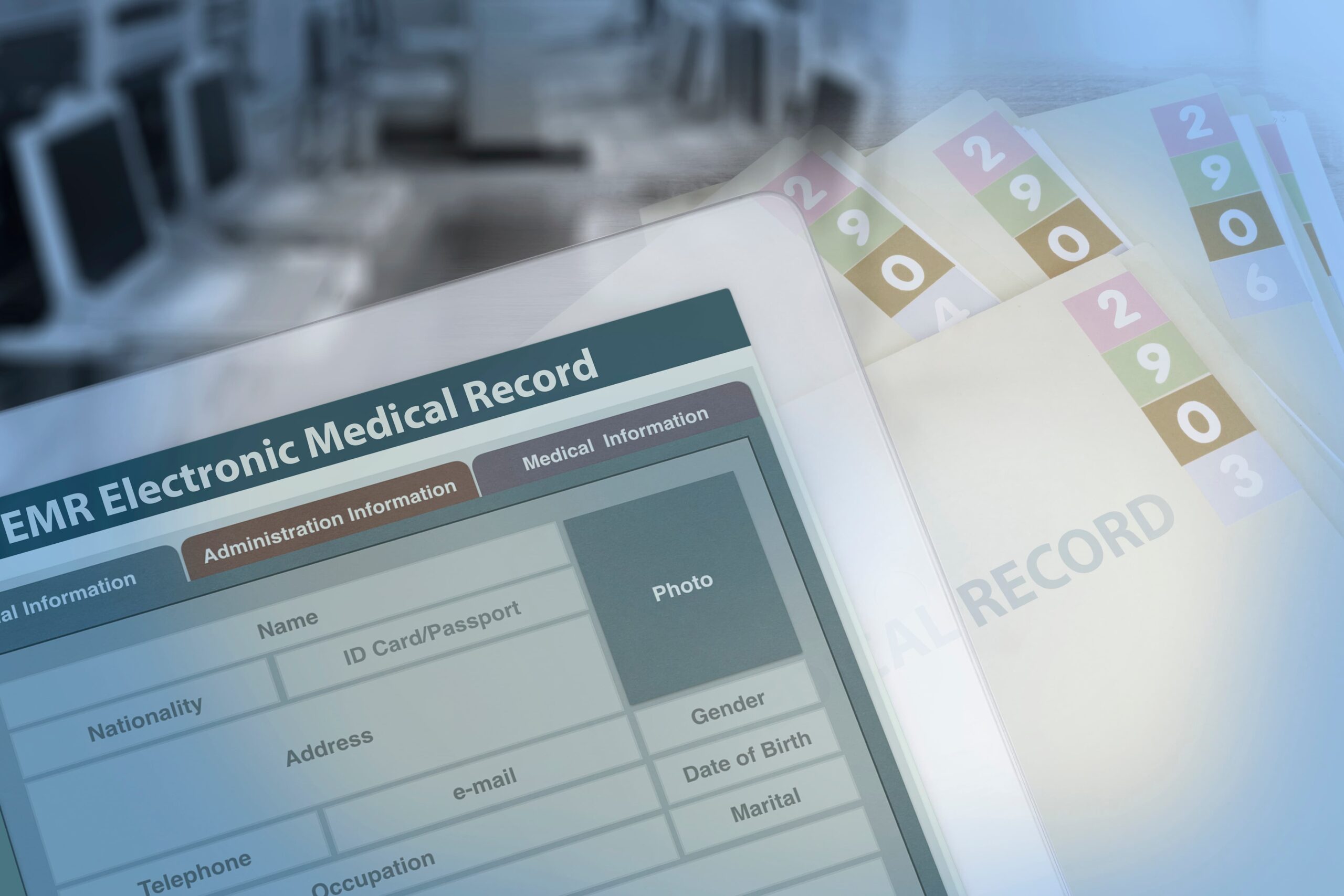Whiplash pain can linger long after a car accident
Whiplash is the most common type of personal injury suffered in a rear-end auto accident. According to the National Highway Traffic Safety Administration, more than 800,000 whiplash injuries are reported each year. The Back & Neck Pain Center reports that because symptoms of a whiplash injury can take weeks or months to manifest, it is easy to be fooled into thinking that you are not as injured as you really are. Many times, accident victims don’t seek treatment following a crash because they don’t feel hurt at the time of the accident. During a rear-end collision, your body goes through an extremely rapid and intense acceleration and deceleration that occurs in a matter of seconds. Whiplash is caused by a sudden movement of the head, either backward, forward, or sideways, that results in the damage to the supporting muscles, ligaments and other connective tissues in the neck and upper back.
While most people with whiplash injuries tend to recover fully within three months, some people with whiplash do experience chronic pain or headaches for years following their accident. According to a 2015 study by Northwestern University, “while most people should expect to fully recover from whiplash injuries within the first few months, about 25 percent have long-term pain and disability that lasts many months or years.” Doctors may be able to trace this pain to damaged neck joints, disks, and ligaments. However, more typically, chronic pain following a whiplash injury has no medical explanation. According to the Back & Neck Pain Center, with proper care, many mild whiplash injuries heal within six to nine months. However, more than 20 percent of those who suffer from whiplash injuries continue to suffer from pain, weakness or restricted movement two years after their accident. Unfortunately, the vast majority of these people will continue to suffer from some level of disability or pain for many years after that, if not for the rest of their lives.
“If you’re a whiplash patient with ongoing chronic pain, but no objective imaging finds anything wrong, people are frequently informed that nothing is wrong with them,” says James Elliott, assistant professor of physical therapy and human movement sciences at Northwestern University Feinberg School of Medicine. Elliott found that many whiplash sufferers experience post-traumatic stress disorder from their accidents, and this psychological component is harder to diagnose. “It appears that they may require a more concerted effort for pain management from their physician and help from a psychologist,” says Elliott.
If you’ve been in a motor vehicle accident you should know the symptoms associated with a whiplash injury to avoid chronic, long-term pain. According to the Mayo Clinic, symptoms usually appear within 24 hours following the incident that caused the whiplash. Common symptoms may include neck pain and stiffness, headaches (specifically at the base of the skull), dizziness, blurred vision, and constant weariness. Less common symptoms associated with long-term chronic whiplash include problems with concentration and memory, ringing in the ears, inability to sleep well, irritability, and chronic pain in the neck, shoulders or head.
If you were injured and are suffering from auto accident pain, contact a knowledgeable Denver auto accident pain lawyer who can help evaluate your individual case and ensure your legal rights are protected.






